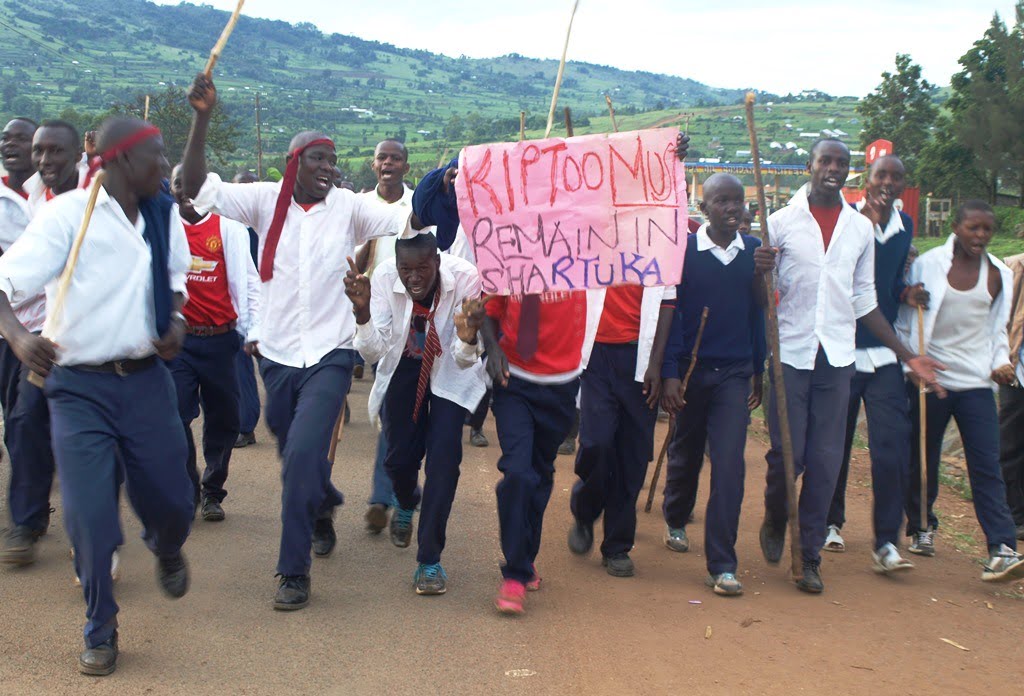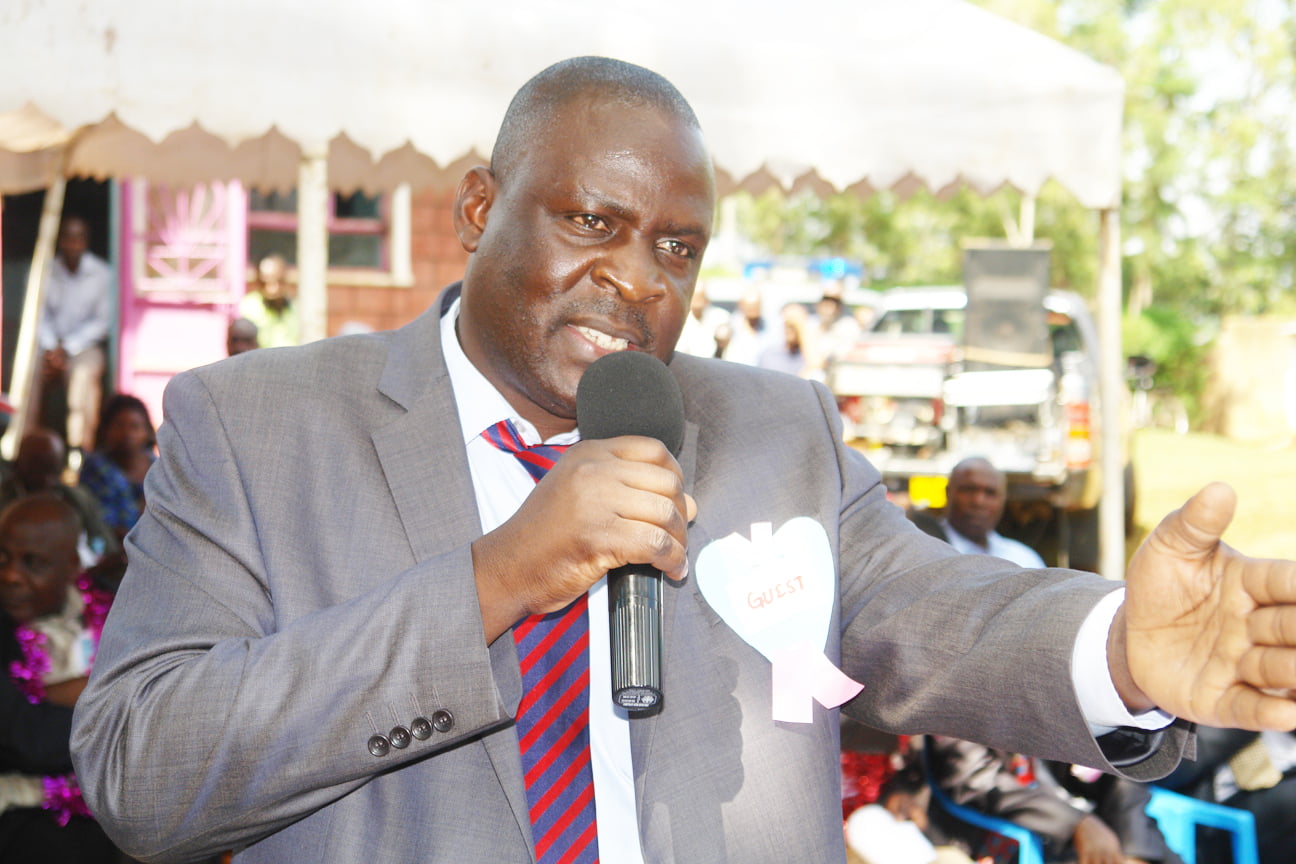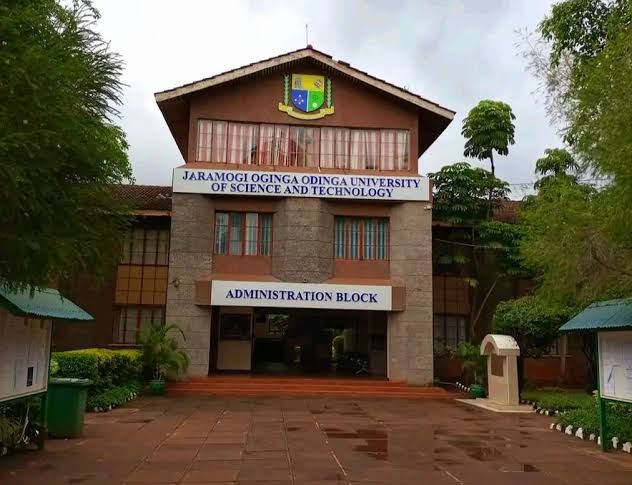© Victor Ochieng’
Proverbs 11:14 says, “Where there is no counsel, people fall, but in the multitude of counsellors, there is safety.”
Peers are people of equal standing. They are of the same age or stage. Peers share same social or status. Therefore, the collocation of ‘Peer’ and ‘Counselling’ means it is a type of counselling that occurs among peers.
Counselling occurs when the counsellor helps the client to make a decision or solve a problem with an understanding of facts and emotions involved.
Counselling goes beyond guidance. The latter can occur at a sitting while the former is an interactive process achieved through special kind of relationship between counsellor and client. The counsellor should employ specific skills to prop up the client.
Counsellors listen aptly to clients by employing useful skills accepted in Best Counselling Practices. They help other students to love learning by championing change of behaviour. Secondary schools, colleges and universities should have strong departments in charge of Guidance and Counselling. Tutors should devolve their roles by forming formidable teams of counsellors.
Peer Counsellors should ascend to their royal roles with great deal of zeal. They should link other students to teacher-counsellors in the institution and also act as real role models and mentors.
The Counsellors stand to understand the three major stages in Peer Counselling.
There is the initial stage, where the counsellor and client create rapport. The counsellor then strives to understand the problem by listening keenly to the client using certain basic skills. The counsellor assists the client in setting goals as they work and walk together. This leads to action, geared towards change. The counsellor offers psycho-social support to the client through exploration of new behaviour. There must be evaluation of effectiveness. If that works, counselling closes.
They should educate people on issues such as useful study skills, healthy relationships, stress management, time management, money matters, mental health, wise use of media and career choices. It is incumbent upon Peer Counsellors to provide Psychological First Aid (PFA). They should also create awareness on issues like drugs, early pregnancy, Covid-19 pandemic and Sexually Transmitted Diseases (STDs).
Further, they should understand group counselling. They should have a conscientious conceptualization of group dynamics. The Complete Facilitator’s Handbook captures the stages of group dynamics as forming, informing, storming, norming, performing, transforming and mourning. On this, they should know how to conduct student-centred class conferences, club gatherings, house meetings, religious convocations and school assemblies.
Peer Counsellors should wield specialized knowledge on matters crisis counselling. They should know what to do after occurrence of a debacle. They should know how to handle fellow students after a strike. They should know how to handle students who have suffered sexual violence. They should attend to other students who have reported to school after suspension.
Furthermore, they should have comely qualities. In the giant list of attributes, they should be available, responsible, reliable, approachable, tactful, understanding, open-minded, assertive, creative and innovative. Above all, they should be people who are pious, prayerful, wise and not otherwise.
In addition, Peer Counsellors must wield social skills such as politeness, gentleness, kindness, etiquette, altruism and compassion. For them to establish good rapport and contact with other students, they should be people with pleasant personalities — able to wear mile-wide smiles, with appropriate tone of voice.
Effective Peer Counsellors focus on ethical issues and basic helping skills. This is perfectly brought out by Geoffrey Wango and Elijah Mungai in their book titled Counselling in the School: A handbook for Teachers. On ethics, they must be competent counsellors. In their dealings with other peers, they should practise high levels of confidentiality, beneficence, fidelity and fairness.
Counselling cannot occur when counsellors have paucity of useful skills. I define skills as competencies needed in performance of tasks. Counselling skills can be categorised into three: listening, attending, probing and reflecting, also known as responding skills.
Pertaining listening skills, Peer Counsellors try to understand the clients’ verbal and non- verbal messages. The ultimate goal is to listen beyond words. Counsellors who are skillful listeners have mastered the art of picking clients’ experiences, behaviours and emotions in moments of emotive or candid conversations.
Attending skills means being there for clients — giving them undivided attention. The counsellors must welcome the client, exchange pleasantries, and show some kindness through symbolic nourishment.
The counsellor should attend to the client physically and psychologically by putting premium on the SOLER Technique – Sitting squarely, Open posture, Leaning towards the client, Eye contact and Relaxation.
In the Kenya Scouts Association Training Manual for Peer Educators, we read that counsellors should focus on the acronym GATHER as they roll out counselling sessions. G stands for greet the client, for it is the best way to establish rapport. A stands for ask, this is how the counsellor secures sufficient information from the client. T connotes tell, where the counsellor evinces competence by providing useful information. H means help, and here counsellor understands that the whole idea of counselling is to give the client all forms of support. E reminds the counsellor to explain stuff when need be. Lastly, R can mean return or refer.
In a larger sense, through proper structuring, the client can return for subsequent sessions. In case the client needs specialized information, the counsellor can refer him or her to a different expert. In this context, Peer Counsellors can refer students to teacher-counsellors in the institution.
Reflecting skills help counsellors to respond to clients. The aim is to communicate what has been understood, help the client to fully open up and to clarify what the client has expressed through reflection of content or feelings. Reflection works in tandem with empathy, genuineness, Unconditional Positive Regard (UPR), restating, summarisation and re-phrasing.
Probing skills encapsulates minimal prompts, questioning, confrontation, concreteness and self-disclosure. Other skills are silence, observation, symbolic nourishment and structuring.
The writer trains Peer Counsellors in schools and colleges. He also facilitates training of teacher-counsellors.
vochieng.90@gmail.com. 0704420232







An informative piece.
Thanks for the share 🙏